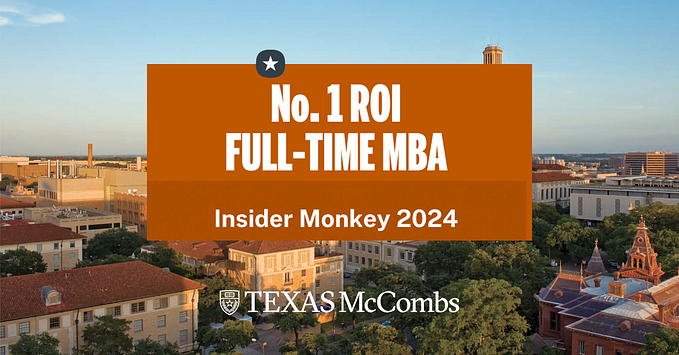What can trans people learn from the 2021 census?
The ONS recently released a bunch of data on sexual orientation and gender identity and various demographic variables tracked in the census. Being an inveterate dork, I’ve been having a look at the stats to see what’s what. I posted my initial thoughts as a Twitter thread, what follows is my thoughts and observations having spent a bit more time looking at the data and chewing it over.
So a couple of not very surprising demographic headlines up front. Trans people are younger on average than cis people, with the 16 to 24 age group being almost five times more likely to be trans than the 75+ group. A lot has been written on why younger people are more and more likely to be out as trans, I would favour the explanation posited by Julia Serano; social acceptance is at a historic high for trans people and the safer it is to be trans, the more trans people come out.

Trans people are also more likely to live in urban areas. The ONS classifies constituencies in terms of whether they are urban or rural, combining this with constituency level data about trans people from the census, we can see that predominantly urban areas have around twice the trans population of more rural areas.

Employment and work is a pretty important area for trans people. I’ve written previously for Trans Safety Network on the experiences of harassment and discrimination we can face in the workplace, so I thought this would be an interesting area to look at. The 2021 census included two variables of particular interest here; economic activity (i.e. are you in work and if not, why not?) and industry (i.e. what kind of work do you do?)
For economic activity, the key takeaways are:
- Trans people are around 18% less likely than cis people to be in full-time employment.
- Trans people are around 81% more likely to be unemployed (seeking work) and 66% more likely to be long term sick or disabled.
- Trans people are 51% more likely to have looking after home or family (e.g. unpaid carer or stay at home parent) as their main economic activity
- Trans people are more likely to be current students and less likely to be retired. Both of these facts probably relate to trans people skewing younger as a demographic.

For industry, the key takeaways are:
- Trans people are noticeably underrepresented in Public Administration, Education & Health (13% less likely than cis people), Finance, Real Estate & Professional Activities (14% less likely) and Agriculture, Energy & Water (40% less likely)
- Trans people are overrepresented in Distribution, Hotels & Restaurants (29% more likely than cis people), Transport & Communication (18% more likely) and Other (23% more likely)
- The above two points suggest to me that trans people are to some degree shut out of well paying professions like finance and education and more likely than average to work in the service industry or the informal economy.
- Underrepresentation in agricultural work is likely explained by trans people being concentrated in urban areas

Given that trans people are highly vulnerable to discrimination in the workplace, it’s advisable to join a union. Unions can provide a base for organising around issues at work, but they can also provide you with legal advice and representation in the event that you’re discriminated against. With a well organised branch in your workplace, you may even be able to push back against discriminatory policies wholesale, demanding that bosses treat trans people better. Our oppression and our exploitation isn’t inevitable, it’s a product of a society that marginalises and discriminates against us and we have to be prepared to organise on that basis.
Perhaps one of the more surprising things to come out of census data on trans people is that trans communities are, on average, far less white than wider society.

This may be in part due to the younger age profile of trans people generally, with census data showing that younger generations are less likely to be white. Trans people are also severely persecuted in a number of countries, some of the skew may therefore be a result of a higher proportion of refugees (both official and unofficial) in trans communities. Whatever the reason for the greater proportion of people of colour in trans communities, it is worrying in light of this how disproportionately white the leadership of the biggest trans organisations is. Any organisation that wants to be for all trans people needs to be actively anti-racist.
If, as the best data we have suggests, trans communities are poorer and less white than cisciety at large, we cannot afford a trans politics that ignores class and race and exploitation. If there’s a luxury belief to be found it’s liberalism, not being trans.







